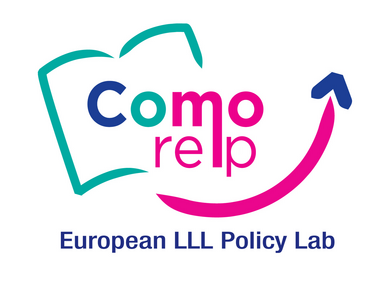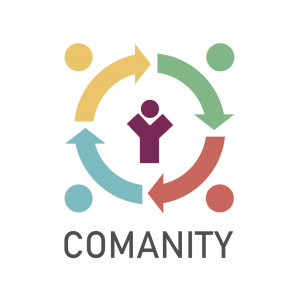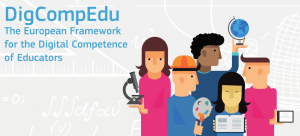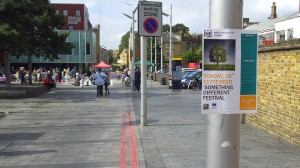Building on our work for the GLA Night Time Observatory, Arcola Research, in collaboration with Dr Phil Hadfield, were commissioned by The Crown Estate to support their response to Westminster City Council’s public consultation on its review of Licensing Policy and Cumulative Impact Assessment, 2020. We looked at the effects of the COVID-19 pandemic and how this has influenced the methodological approach adopted by Westminster in making their assessments and designing their proposed licensing policies in 2020. We considered how the pandemic has impacted on the Evening and Night-time Economy (ENTE) of Central London specifically and show how the area has fared worse, economically, than other parts of the UK. We looked at the future and how cities across the globe are now responding to the pandemic, seeking to recognize the value of their cultural attractions and ENTE offers and to support these offers in making the many adaptions necessary for survival and re-imagination in the coming months and years. Having considered all of the above evidence we then make the case for a new approach of ‘Situational Flexibility’ which, whilst recognizing the need for an ‘overiding steer’ from well-evidenced policies, acknowledges the complex realities on the ground, the changed environment created by the pandemic and the very significant contribution to place management being made by venue operators, by land owners, and by the BIDs.
The research methodology applied combines documentation analysis – covering a ‘rapid evidence assessment’ (RAE) and policy review; statistical analysis of the quantity, quality and core functionality of evening and night-time economy venues across TCE’s estate, together with analysis of consumer patterns in the estate and adjacent location, and primary data collection, including observational analysis of behaviour within the estate together with an audit of premises within the area with an assessment of their core trading ‘functions’ and the observed demographics of their patrons.





